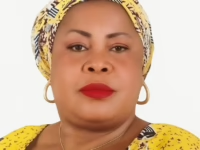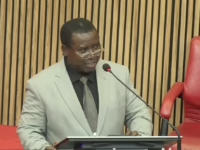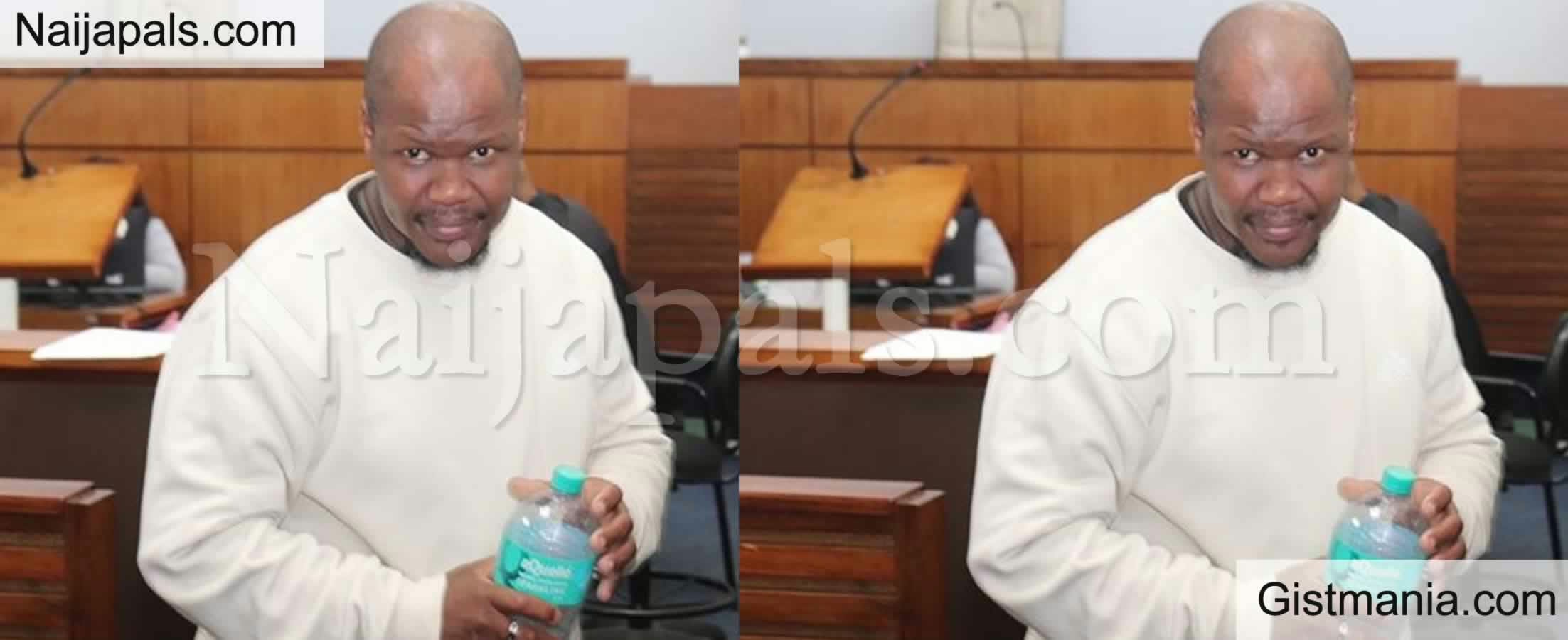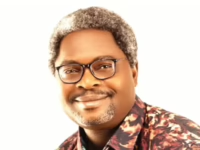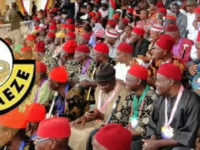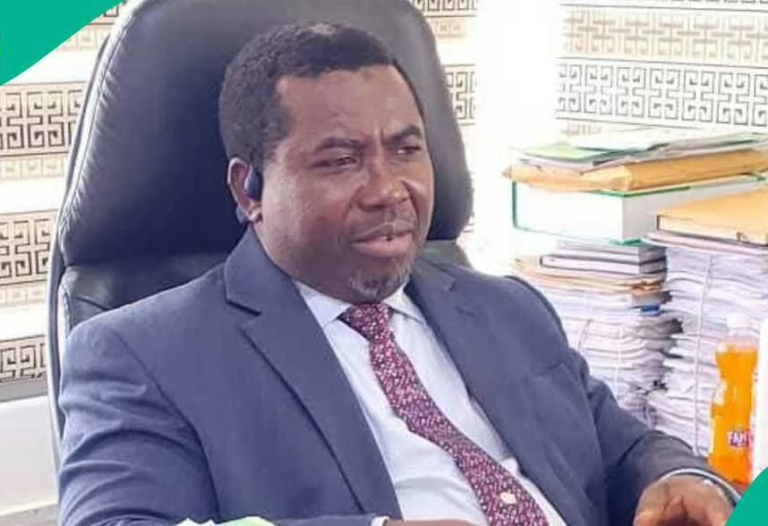Professor Joash Amupitan, the nominee for the chairmanship of the Independent National Electoral Commission (INEC), has committed to revitalizing the integrity and public trust in Nigeria’s electoral framework. His vision is to foster such transparency in elections that even the defeated candidates openly acknowledge the winners.
During his evaluation before the Senate Committee of the Whole on Thursday afternoon, Amupitan presented a detailed reform agenda. This includes establishing an internal ethics committee, implementing a whistleblower framework, enhancing accountability within INEC, and leveraging advanced technologies-such as drones-to optimize election logistics and security measures.
Responding to senators’ inquiries concerning corruption, election credibility, and logistical challenges, Amupitan emphasized that trust and ethical governance would form the foundation of his tenure if confirmed as INEC chairman.
“This is a critical issue. We intend to develop an internal system to monitor and address human conduct,” he stated.
“I am assuming this role based on trust, and it is imperative that all personnel understand their positions are similarly founded on trust. We will establish an ethics committee to review past incidents, especially where complaints were lodged but no action was taken. Every grievance will be thoroughly investigated and resolved.”
He also disclosed plans to partner with the National Assembly on the establishment of an Electoral Offences Commission, aimed at ensuring thorough investigation and prosecution of electoral infractions.
“Collaboration with the National Assembly is essential, as legislative support will be required to create an electoral offences commission capable of probing violations-potentially employing forensic techniques. Additionally, we will introduce a whistleblower policy to uncover malpractice,” Amupitan explained.
Regarding election security, Amupitan assured that under his leadership, INEC would adopt innovative strategies to guarantee that voters in remote and difficult-to-access regions are not disenfranchised.
“Security remains a significant challenge. We will coordinate with security agencies to reinforce vulnerable areas. Our investment in logistics will ensure comprehensive coverage across Nigeria-even if that means deploying drones. Our policy is clear: no voter will be excluded,” he affirmed.
The law professor also highlighted the critical role of voter and civic education in strengthening democratic principles.
“We will prioritize voter education and civic awareness, enhancing the capabilities of all election stakeholders through robust and widespread educational campaigns,” he said.
On the debated topic of real-time election result transmission, Amupitan noted the need for clearer legislative guidelines and expressed his readiness to contribute expert input to refine the Electoral Act.
“The current Electoral Act lacks finality on real-time transmission. I intend to offer my insights to help address this matter effectively,” he remarked.
He pledged to clarify election timelines and procedures to eliminate confusion and bolster the credibility of the electoral process.
“We will streamline timelines to avoid any uncertainties. Our goal is to conduct elections so credible that the defeated candidate will willingly congratulate the victor. We will also enhance the security of election materials,” Amupitan assured.
Furthermore, the nominee committed to maintaining transparency in INEC’s financial operations.
“Existing parliamentary laws on procurement and public fund management will be rigorously enforced to ensure resources are used appropriately. We will also seek opportunities to optimize expenditures,” Amupitan concluded.




